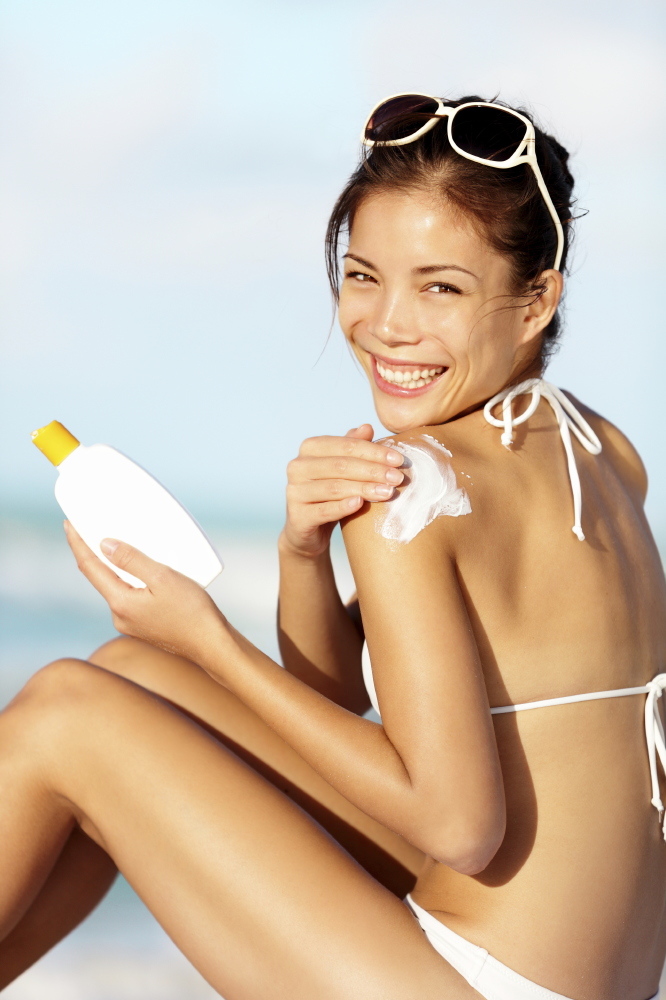
Did you protect your skin in the sun?
As the summer draws to a close, the last Bank Holiday of summer is nearing its end, we have to think about how we’re going to help relieve our sun damaged skin.
Thanks to an uncharacteristically warm summer we’ve been putting our skin through the mill, and if you haven’t been protecting it properly there is a change of some sun damage.
To ensure you get your health back to its best we’ve got the help of Borealis Natural Skincare’s in-house expert, Linda Horan on hand to talk us through what we can do.
Which foods are good for your skin when it has been exposed to the sun?
Red & orange fruit & vegetables are packed with carotenoids, which may help to reduce sunburn intensity. So, carrots, beetroot, peppers, oranges etc all have beneficial qualities as well as tasting great and hydrating you.
Spinach, kale, Swiss chard, contain the antioxidants lutein and zeaxanthin, which may reduce damage caused by UVA light.
Omega 3 fatty acids contained in salmon & other types of fish, nuts, such as walnuts and oils guard against sunburn and cell damage.
How can you help your skin recover from sunburn?
It depends on the severity. If you feel severe dehydration, nausea and severe blistering, you need medical help. Often the effects of sunburn aren't felt until 5 -6 hours after exposure. Cool the skin down with a cool flannel, ideally the cool water should have a couple of drops of pure lavender in to help reduce inflation, cool skin and help with itching. Calamine lotion also helps to reduce itching and the irritation that accompanies it. Pure aloe vera (not perfumed) hydrates and cools and nourishes the skin. Painkillers such as paracetamol or ibuprofen help reduce inflammation. Stay out of the sun until the blistering has healed and no other symptoms remain.
How can you help your skin recover from long-term sun damage?
Keep covered in the sun. Wear a sun screen every day, including the winter months. If you have sun damage on the face and neck area wear at least a broad spectrum SPF 25 daily. Exfoliate gently.
Some people opt for 'chemical peels' to remove the layer of skin cells including top layer of brown spots. Glycolic acid is an active ingredient that removes several layers of dead cells. Other treatments include Botulinum toxin type A, dermabrasion, intense pulsed light therapy. Generally these would only be available privately.
A natural approach would be to use natural exfoliators such as jojoba beads and ground apricot kernel .
Face oils will help as they tend to be omega rich in oils so nourish and protect the skin whilst you sleep if used at night when the skin is not exposed to UV light and environmental pollutants
Superfoods are just as important to feed your skin from the inside so Omega 3, 6 & 9 oils, lots of fruit, vegetables, lean protein all help to restore the lusture to skin. Supplements may help depending on age and overall health and eating habits.
How does your skincare regime differ throughout the different seasons?
During the winter months I still use a broad spectrum SPF moisturiser but I would use a night moisturiser particularly if my skin is very dry from central heating, wind etc. Also get some natural sunlight as it is easy to miss out on Vitamin D and sunlight in winter, which helps give a glow and improve skin condition.

